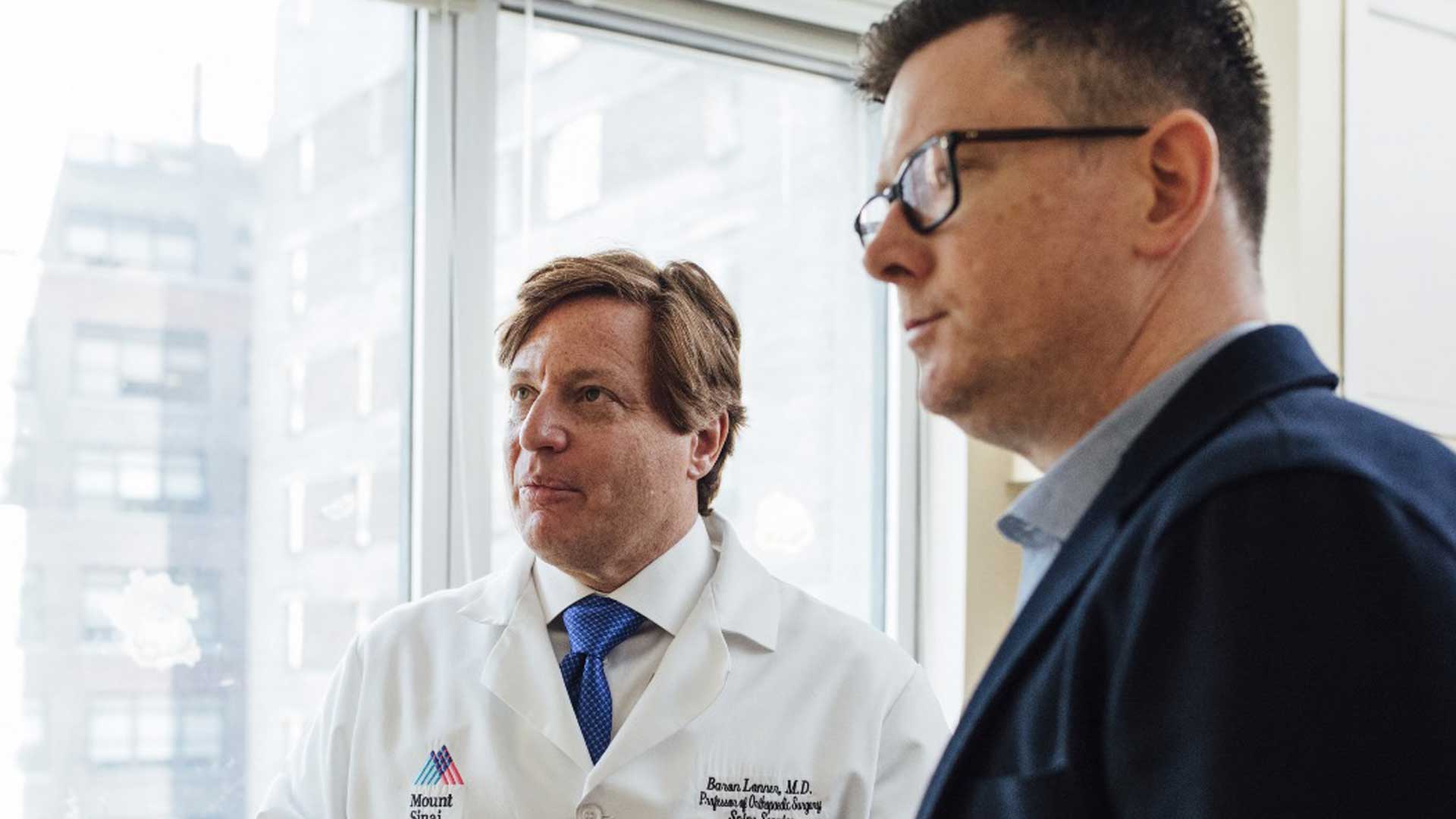

When considering treatment, you may have many questions that come to mind as well as some preconceived ideas about how treatment centers work. It can be hard to differentiate between fact and myth, especially when you are experiencing doubt about whether rehab is the right thing to do or not.
With so many stigmas and stereotypes about addiction, it is easy to understand how society has taken those and turned them against treatment centers as well. The biggest thing to keep in mind is that every treatment center or program is different and each person has a different experience with them. Try to not take others' experiences as absolutes and keep in mind that this journey is yours and yours alone. Being aware of some of the major myths society has created about treatment can help you make informed decisions.
One of the biggest misconceptions is that treatment centers and their staff do not care about you. This sort of stereotype can stem from more public health treatment centers. Privately owned and operated treatment centers like NorthStar Transitions work to debase this myth.
Many treatment centers today work with medical professionals who have advanced degrees and expertise in their fields to provide you with the best treatment available. Along with having experienced staff, many such facilities are also developing and improving various methods of treatment programs that go beyond your “standard” therapy sessions.
While yes, there are centers that give you the bare minimum, there are also many places that have a true passion for helping you overcome addiction and aim to create a positive and healthy space for you to experience recovery.
One of the major factors that feed this myth is that treatment centers may be “harsh” on you. Some forms of treatment require more accountability and effort on your part, as this can help you develop a sense of control in your life, while other centers may focus on methods that may provide more accompanying guidance. It truly depends on the treatment center, the type of treatment you are looking for, and the effort that you are willing to put into your recovery journey. In any case, your treatment staff does care deeply about you and your ultimate recovery.
Another myth about treatment is that it is solely made up of hours and hours of talk therapy. Talk therapy, or psychotherapy, has many stereotypes associated with it—you might imagine laying on a couch pouring out your life story to a doctor who asks, “And how do you feel about that?” While therapy does play a big role in treatment, it is not the sole means used in recovery.
Treatment centers like NorthStar Transitions have developed many different methods that involve so much more than just therapy. Holistic approaches to recovery are becoming very popular. Holistic treatment programs can involve things like:
Holistic treatments are great because they help with long-term recovery. They do this by giving you tools to deal with challenges that come with early sobriety. From a scientific standpoint, holistic practices work by reverting the neuropathways that once held the dysfunction in your brain (which causes substance use disorder (SUD)) back to normal.
Along with alternative methods, many treatment centers also provide varying types of therapy. This can impact treatment greatly as not everyone responds to the same therapy styles. Some of the options include:
NorthStar Transitions specializes in DBT and uses group and individual therapy in addition to various holistic and experiential modalities to help you through recovery.
Even considering how many different types of treatment centers there are, it can be hard to imagine that, with so many people needing treatment, facilities can personalize treatment to your needs. Although, a good treatment center knows that there is no one path to recovery, and they take steps to ensure their programs are as customizable as possible so you can get the most out of treatment.
Treatment is not “one-size-fits-all” and at NorthStar Transitions, we make sure that your needs are met. When seeking to achieve long-term recovery, it is important that you get the care best suited to you. Everyone's recovery journey is different, and if treatment centers were to act as if everyone was the same, long-term recovery outcomes would be significantly lowered.
Struggling with addiction is challenging. It can be even more challenging to find somewhere that you feel is not going to feel like a stereotype. Do not let the rumors fool you, those places do exist. You can find the help you need. It is all about knowing what to look for.
Finding the right treatment program can be difficult when there are many negative preconceived ideas about them. When it comes to building a solid recovery plan, the first step is finding a treatment center suited to your needs. There are many people who have the idea that treatment centers are not equipped to provide each individual with individualized care, or they feel that treatment centers are out there just to do the bare minimum for as many people as they can crank through. This is not the case with NorthStar Transitions. We seek to provide expert professional care to those seeking help with their recovery journey. NorthStar Transitions has years of experience helping those in need and we're here to help you as well. If you are seeking additional help working through recovery, don't hesitate to reach out to NorthStar Transitions today at (303) 558-6400.